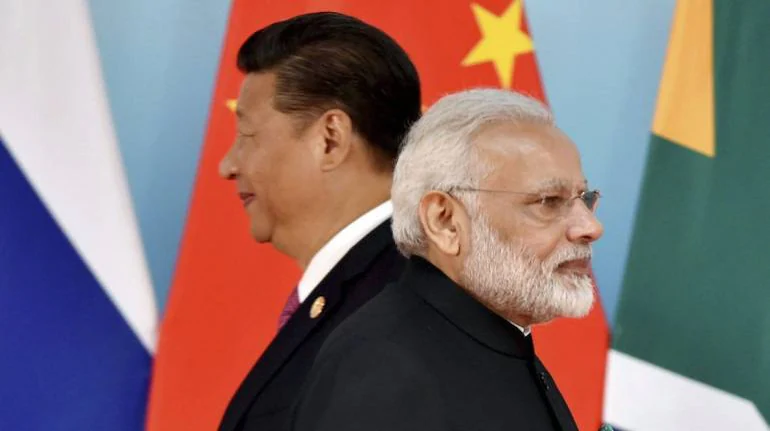In recent years, tensions have marked the relationship between India and China, particularly over territorial disputes. A major point of contention is Arunachal Pradesh, a northeastern Indian state, which is claimed by China as its own territory. The latest development in this ongoing saga is China’s decision to rename six places in Arunachal Pradesh, a move that has sparked fresh concerns and diplomatic efforts to ease tensions.
Arunachal Pradesh, nestled in the eastern Himalayas, is a land of breathtaking landscapes and diverse cultures. However, it has also been a bone of contention between India and China for decades. While India considers Arunachal Pradesh an integral part of its territory, China claims it as “South Tibet,” rejecting India’s sovereignty over the region.
The recent renaming of six places in Arunachal Pradesh by China is not an isolated incident but part of a broader pattern of asserting territorial claims. This renaming spree is seen as a provocative move by China, aimed at challenging India’s sovereignty over the region and undermining its territorial integrity. By altering the names of these places, China seeks to assert its dominance and stake a claim over the disputed territory.
In response to China’s latest actions, Indian Prime Minister Narendra Modi has sought to address the issue diplomatically. Describing the state of relations with Beijing as “abnormal,” PM Modi has emphasized the need to repair and normalize ties through dialogue and diplomacy. Despite the differences and disputes between the two countries, PM Modi has reiterated India’s commitment to resolving issues peacefully and in accordance with international law.
India has consistently maintained that Arunachal Pradesh is an integral and inseparable part of its territory. In light of China’s renaming spree, India has lodged a strong protest, conveying its concerns through diplomatic channels. Efforts are underway to address the issue bilaterally and prevent any escalation of tensions. India has also emphasized the importance of respecting the status quo and adhering to established norms and agreements to maintain peace and stability in the region.
The ongoing tensions between India and China over Arunachal Pradesh have broader implications for regional security and stability. The disputed border areas remain a potential flashpoint, posing risks of escalation and conflict. Both countries, as major regional powers, have a responsibility to exercise restraint and pursue peaceful resolution of disputes through dialogue and negotiation.
Despite the challenges, there are avenues for resolving the longstanding dispute over Arunachal Pradesh. Confidence-building measures, enhanced communication channels, and sustained dialogue can help build mutual trust and pave the way for a peaceful resolution. Both India and China have a shared interest in maintaining stability along their border and fostering cooperative relations in other areas.
The renaming of places in Arunachal Pradesh by China underscores the complex dynamics and tensions that characterize the relationship between India and China. PM Modi’s emphasis on repairing relations through dialogue reflects India’s commitment to peaceful resolution of disputes. As both countries navigate through this challenging terrain, it is imperative to prioritize dialogue, diplomacy, and mutual respect to prevent further escalation and promote regional peace and stability. Only through concerted efforts and cooperation can India and China overcome their differences and build a future based on mutual understanding and cooperation.

